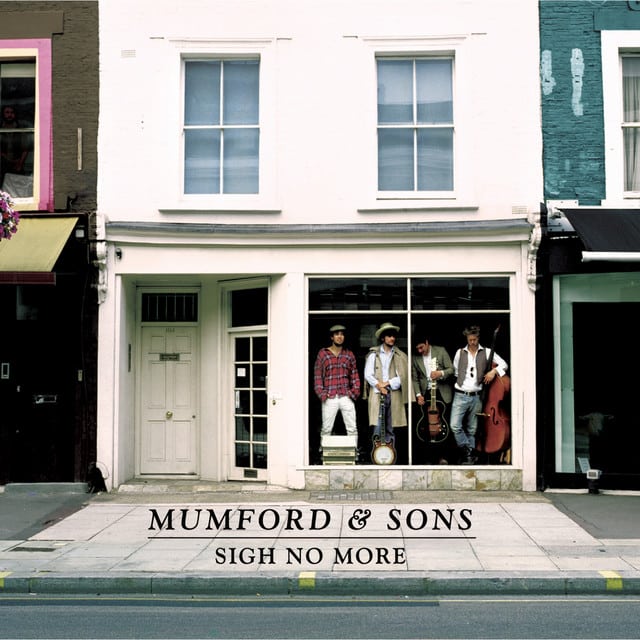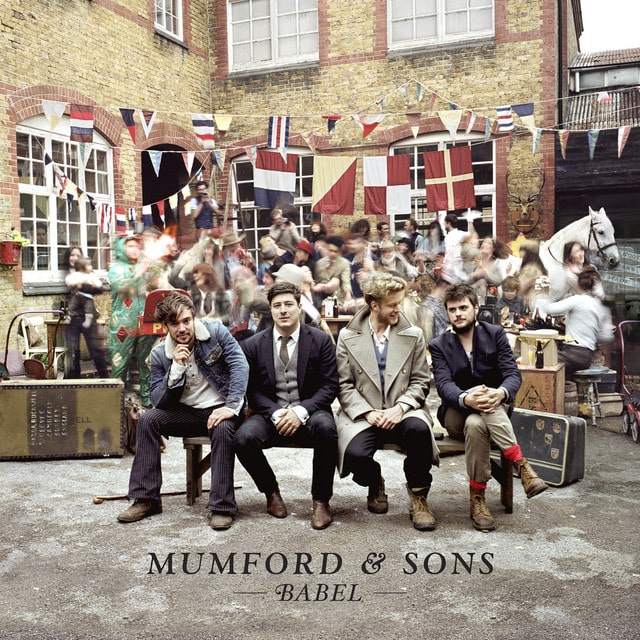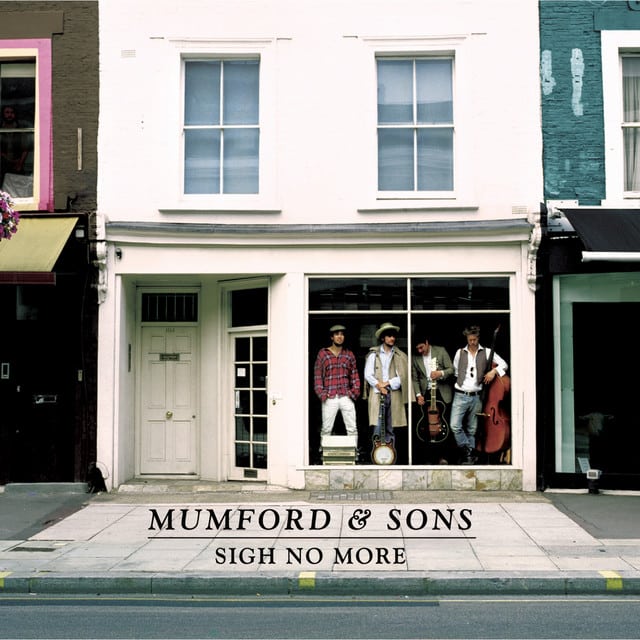Released: 2009
Alright, rock enthusiasts and curious minds alike, let’s dive into “Little Lion Man” by Mumford & Sons, a song that’s as emotionally gnarly as a tangled guitar string. At its core, this track is an introspective ballad, laced with the raw edges of folk and rock, that delves into themes of regret, self-criticism, and the haunting specter of personal failures. It’s like a heartfelt confession set to an indie rock beat, where each strum of the banjo seems to pluck at the listener’s heartstrings.
The song kicks off with a kind of introspective admonition: “Weep for yourself, my man, You’ll never be what is in your heart.” These lines are a gut punch, echoing the universal fear of not living up to our own ideals or the potential we believe we have. When Marcus Mumford, the lead vocalist and the driving force behind the lyrics, refers to the “little lion man,” he’s painting a picture of someone caught between the courage they aspire to and the fear that holds them back. It’s about confronting the lion within, only to realize it’s not as formidable as imagined.
As we move through the verses, the lyrics twist into a narrative of self-flagellation and regret. The protagonist is caught in a cycle of “rating” and “raking” themselves, a colloquial way of saying he’s judging and criticizing himself harshly. There’s this poignant acknowledgment of squandered courage, of knowing that he’s his own worst enemy, creating “problems that you made in your own head.” It taps into that deeply human instinct to be our own harshest critics, to dwell on our missteps rather than our strides forward.
The chorus is where the heart of the song beats loudest: “But it was not your fault but mine, And it was your heart on the line, I really fucked it up this time, Didn’t I, my dear?” It’s a raw admission of guilt and wrongdoing. The use of “fucked it up” isn’t just for shock value—it’s an unfiltered expression of screwing up royally, causing hurt to someone dear, likely in a relationship given the tender “my dear” addendum. This refrain is the crux of the song, repeated for emphasis, driving home the weight of accountability and remorse the speaker feels.
The second verse continues the theme of introspection and regret but adds a layer about experiencing these feelings repeatedly: “You know that you have seen this all before.” This speaks to a pattern of behavior, a cycle of failure from which the protagonist can’t seem to escape. The imagery of “Your grace is wasted in your face, Your boldness stands alone among the wreck” evokes a sense of squandered potential and loneliness in one’s boldness or distinctiveness. It’s a cautionary tale urging learning and growth, lest one ends up in a self-destructive loop.
To wrap it up, “Little Lion Man” doesn’t just strum a melody; it plucks at the strings of introspection, regret, and the harshness of self-criticism. Mumford & Sons have encapsulated the tumultuous journey of confronting our shortcomings, the pain of self-inflicted wounds, and the arduous path to self-forgiveness. It’s a powerful reminder that sometimes, the fiercest battles are those we fight within ourselves, against the shadows of who we were, who we are, and who we wish to be.






